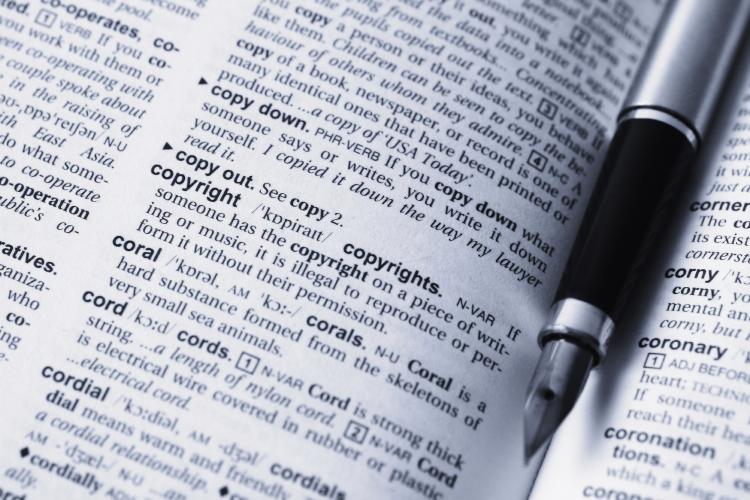
In Georgia et al. Public Resource.Org, Inc. 590 U.S. _ (2020), the Supreme Court of the United States (the Court) held that the Official Code of Georgia Annotated (the OCGA) is not entitled to copyright protection.
The OCGA contains the text of the every state of Georgia statute and non-binding annotations. There was no dispute that copyright protection did not extend to the text of statutes, however the state argued that the annotations were entitled to copyright.
The annotations are mostly summaries of judicial interpretations of the law. Georgia had outsourced the annotating to a private company, the LexisNexis Group (LexisNexis). LexisNexis would write the annotations under a work-for-hire agreement which provided that copyright vested in the State of Georgia, acting through the state legislature’s Code Revision Commission. Citizens wishing to access the OCGA were required to pay a hefty fee.
The Court’s holding extended the Government Edicts Doctrine (the Doctrine), which provides that government officials empowered to speak with the force of law cannot be authors of – and therefore cannot copyright – the works they create in the course of their official duties. The Doctrine had previously been applied to hold that non-binding, explanatory legal materials created by judges are not copyrightable and, in this decision, was extended to encompass non-binding, explanatory legal materials created by a legislative body.
It remains to be seen whether the state, and the other 25 jurisdictions that have arrangements similar to Georgia for producing annotated codes, will respond and whether they will continue to have annotations as part of their official codes.
Summary By: Matthew Frontini
E-TIPS® ISSUE
Disclaimer: This Newsletter is intended to provide readers with general information on legal developments in the areas of e-commerce, information technology and intellectual property. It is not intended to be a complete statement of the law, nor is it intended to provide legal advice. No person should act or rely upon the information contained in this newsletter without seeking legal advice.
E-TIPS is a registered trade-mark of Deeth Williams Wall LLP.
